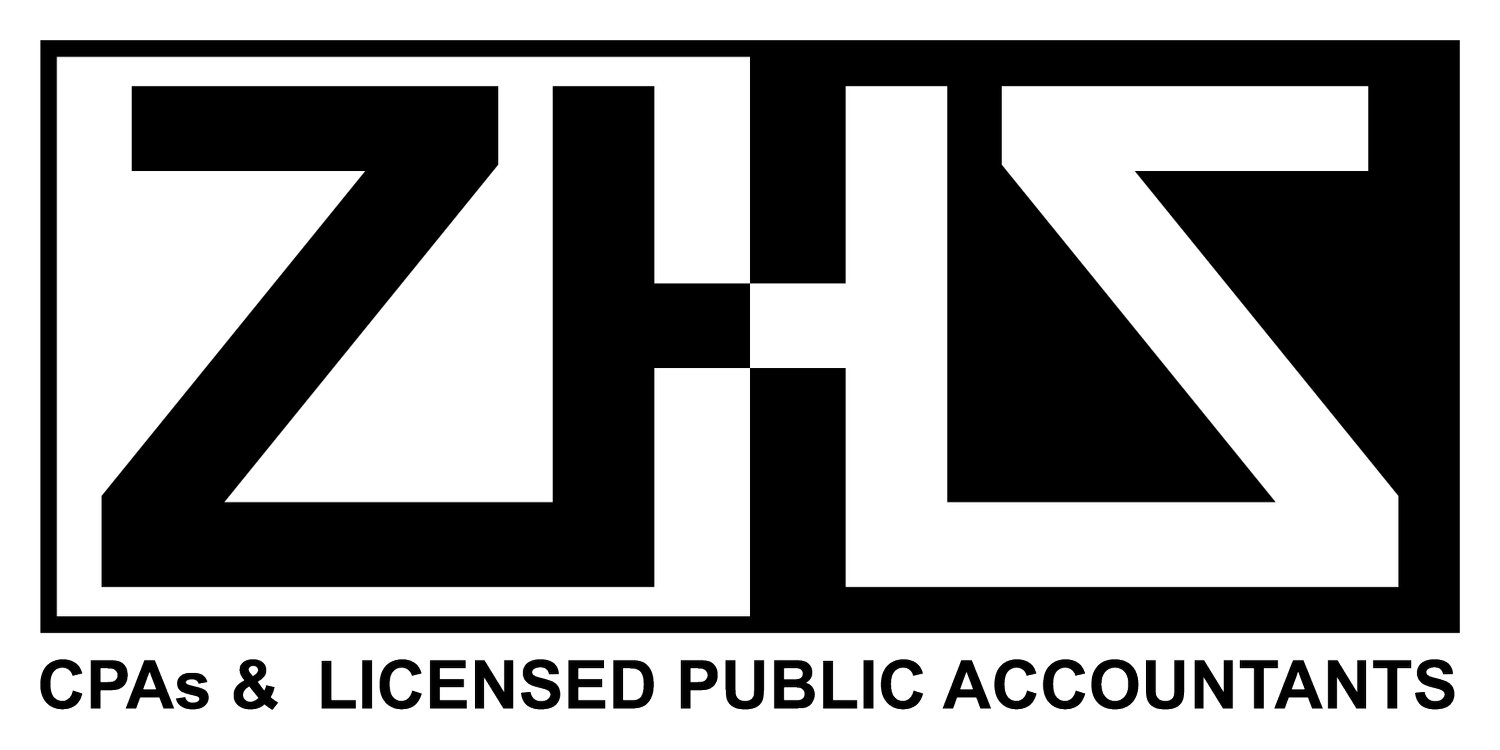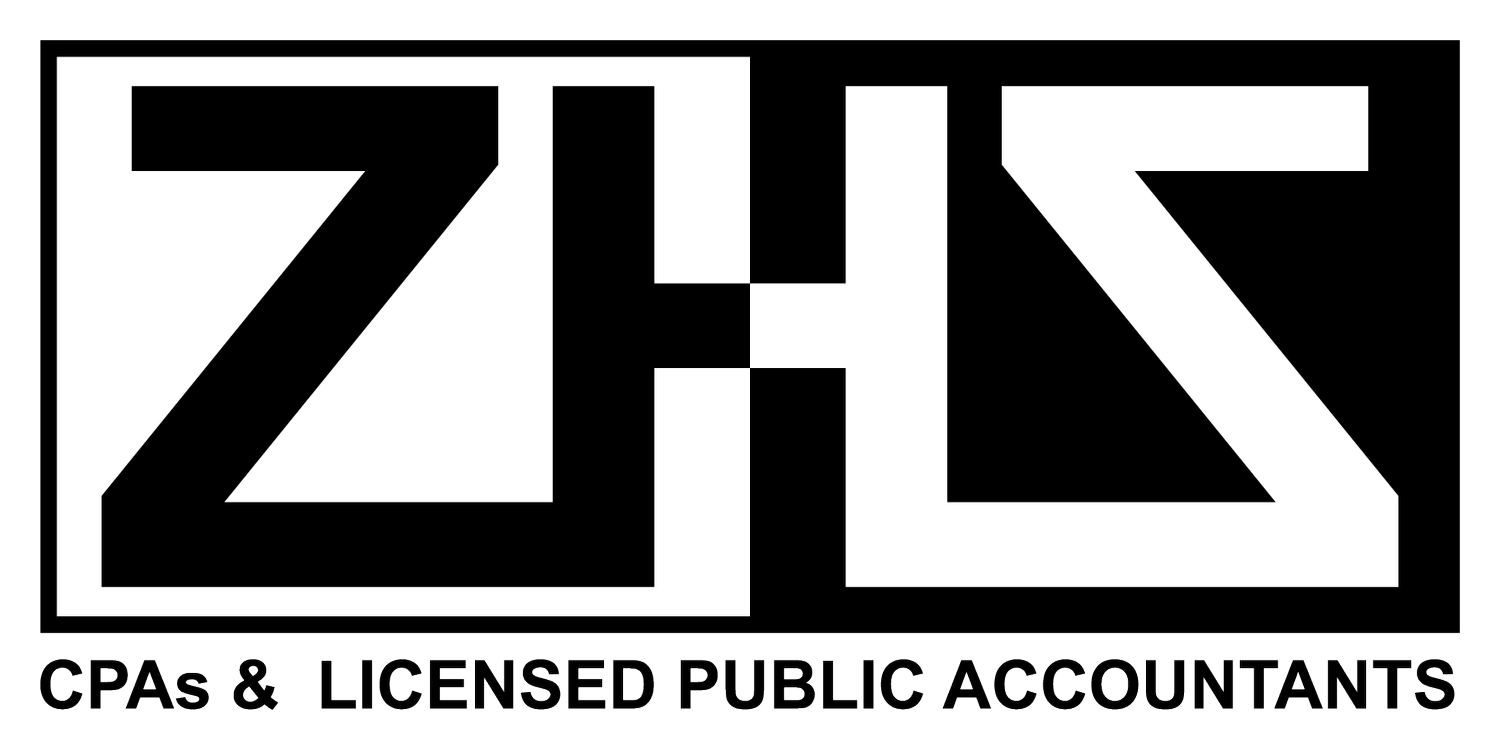Government programs to support first-time home buyers
Government programs to support first-time home buyers
One of the key focus areas in the 2022 federal budget (Budget 22) was to improve housing affordability, particularly for first-time buyers. Here is a summary of the new initiatives proposed in Budget 22, and the existing government programs to support first-time home buyers.
New proposals in Budget 22
First Home Savings Account
Budget 22 proposes a new tax-free First Home Savings Account (FHSA) for Canadian residents who are at least 18 years old and have not lived in a home that they owned at any time in the year that the account is opened or during the four preceding calendar years.
You can contribute up to $8,000 to your FHSA each year, with a total maximum contribution of $40,000. Unused annual contribution room cannot be carried forward to future years. Contributions are tax-deductible, and income earned within the FHSA accumulates tax free. Withdrawals from the plan to purchase a home are also not subject to tax, and the plan must be collapsed within a year of the first withdrawal to purchase a home.
The FHSA has a maximum term of 15 years. Any unused balance can be transferred to your Registered Retirement Savings Plan (RRSP) or Registered Retirement Income Fund, even if you do not have any RRSP contribution room. Any other withdrawal from the FHSA would be taxable. You will not be able to withdraw from both the FHSA and your RRSP under the Home Buyers’ Plan (see below) in respect of the same home purchase. The government will be working with financial institutions to make FHSAs available for contributions in 2023.
First-Time Home Buyers’ Tax Credit
First-time home buyers were able to receive tax relief of up to $750, based on the 15 per cent lowest income tax rate and a credit amount of $5,000. Budget 22 proposes to double the credit amount to $10,000 for a maximum tax savings of $1,500.
Existing programs
RRSP Home Buyers’ Plan
The Home Buyers’ Plan allows first-time homebuyers to withdraw up to $35,000 from their RRSP to buy a qualifying home. You can buy the home for yourself or for a related person with a disability, and the individual must intend to live in the home within one year after buying it. There are specific rules about who is a first-time home buyer, particularly dealing with the breakdown of a marriage or common-law relationship. The withdrawn amount must be paid back into the RRSP within 15 years. Repayments must start the second year after the withdrawal, and do not affect your regular RRSP contribution limit. Since the withdrawal is not added to your taxable income, these repayments are not deductible on your income tax return. If you fail to make a scheduled minimum repayment in any year, that amount is included in your taxable income for that year.
First-Time Home Buyer Incentive
This program can offer 5 or 10 per cent of a home’s purchase price towards a down payment through a “shared-equity mortgage” held by the government. There is no interest charged on this mortgage, but when you sell the home or after 25 years of ownership you must pay back the same percentage of the home’s value. The Incentive is available to first-time buyers if your total annual qualifying income is less than $120,000 ($150,000 if you are buying a home in Toronto, Vancouver or Victoria) and you meet certain borrowing requirements.
Provincial and municipal land transfer taxes
All provinces and territories impose a land transfer tax and possibly registration fees on the transfer of property within their boundaries. For example, in Ontario the land transfer tax for dwellings with one or two residences is calculated based on:
0.5 per cent on the first $55,000
1.0 per cent between $55,000 and $250,000
1.5 per cent between $250,000 and $400,000
2.0 per cent between $400,000 and $2,000,000
2.5 per cent on the value over $2,000,000
A few municipalities also impose their own land transfer tax – Toronto charges the same amount as Ontario, plus a registration fee of $83.
Most jurisdictions offer full or partial rebates of the land transfer tax for first-time buyers. Ontario’s rebate is up to a maximum of $4,000, and Toronto’s is limited to $4,475. These refunds would completely offset the land transfer tax for homes valued at $368,333 and $400,000 respectively.
GST / HST rebate on new homes
The GST / HST is generally only charged on the sale of new or substantially renovated homes. While not specifically for first-time home buyers, there may be a New Home Rebate for the GST or the federal portion of the HST, depending on where the home is located. Eligible new home buyers can claim a rebate for 36 per cent of the federal portion (5 per cent) of the sales tax for homes with a pre-tax purchase price of up to $350,000. The rebate is gradually clawed back so that it is completely eliminated when the purchase price exceeds $450,000. There may be rebates for the provincial portion of the HST as well. In Ontario, for example, the new home buyer can also claim a rebate on the 75 per cent of the Ontario portion of the HST (8 per cent), up to a maximum of $24,000. Eligible new home buyers cannot purchase the house with the intention to flip it or rent it out, and you or an immediate family member must use the home as their primary residence.
The eligibility criteria, including the definitions of who is considered a first-time home buyer, can be quite complex so you should seek professional advice.
This story first appeared on CPA Canada’s online news site.

